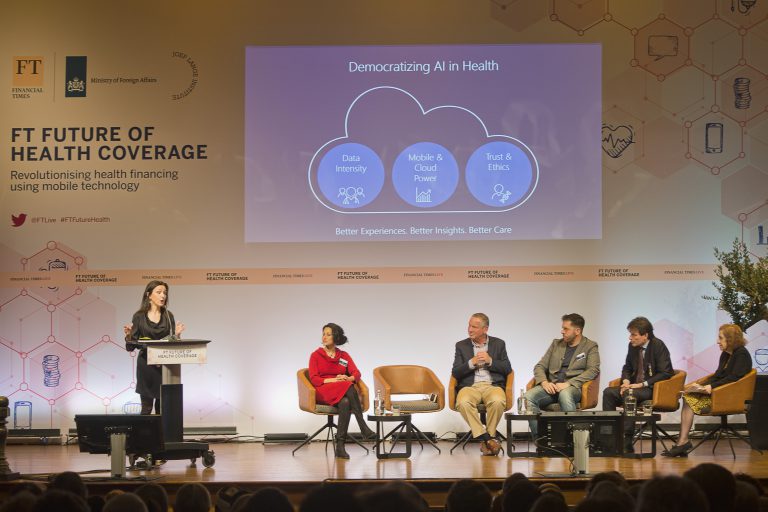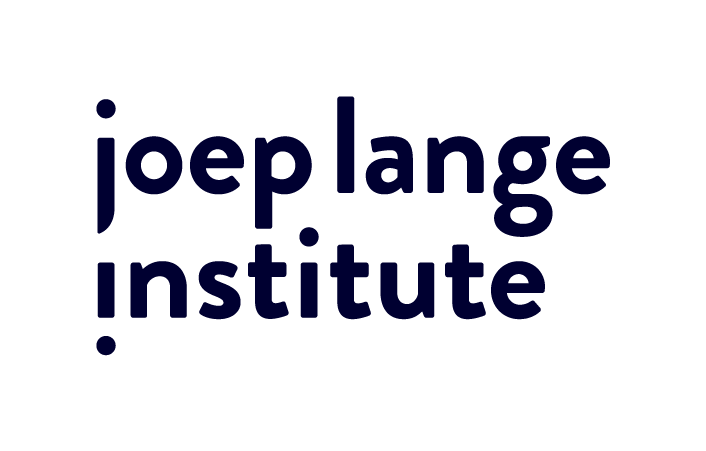1980
1982
Joep encounters his first HIV/AIDS case at the AMC hospital in Amsterdam
Working with doctors like Peter Reiss, he made his mission to help eradicate his disease
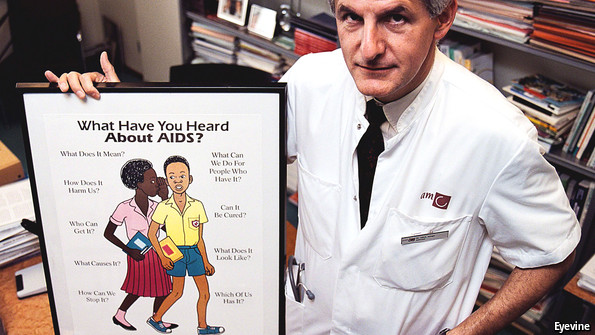
1985
Joep makes several HIV/AIDS breakthroughs
While working on his PhD in the mid 1980’s, Joep made seminal discoveries about HIV and AIDS in particular in the field of determining viral load. Over the next thirty years, he published close to four hundred articles in sources such as NEJM, Lancet, BMJ, JAMA, in particular on highly active antiviral therapy in Africa and thus contributed to saving millions of lives.” (source: The Impatient Dr. Lange)
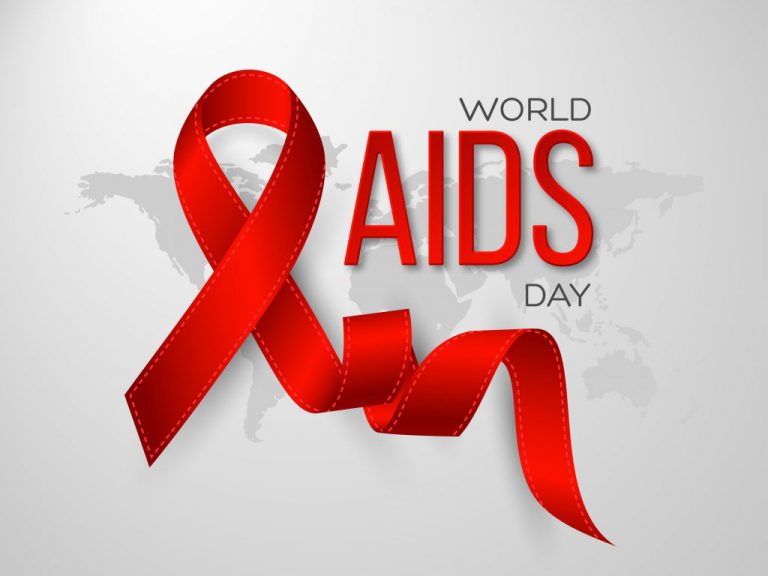
1989
Joep starts at NATEC
We need some copy here
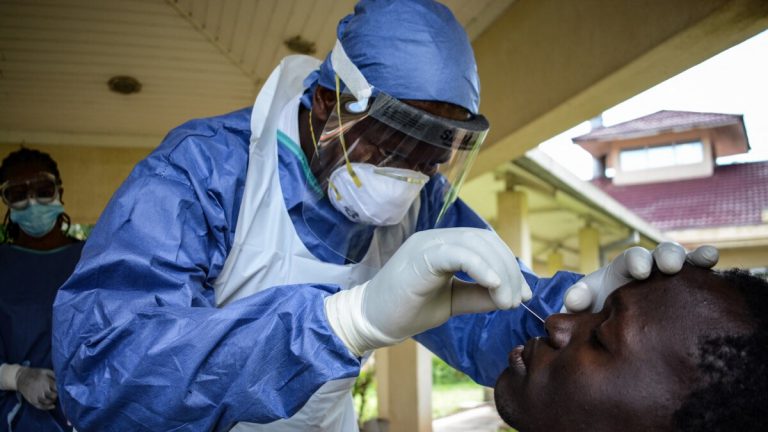
1990
1992
Joep works at the World Health Organization
This was a crucial phase in Joep’s career. Although he struggled with the pace of working at the world health organization (WHO), at the same time he recognized the hard work done at its offices. His WHO position accelerated building his international scientific network and most importantly it enabled him to visit Africa for the first time. The HIV horrors he encountered in Uganda, while being hosted by Prof Elly Katabira, made a lasting impression and changed his life for good. He realized that HIV/AIDS was not only a problem in the developed countries; it was far more devastating in developing countries.
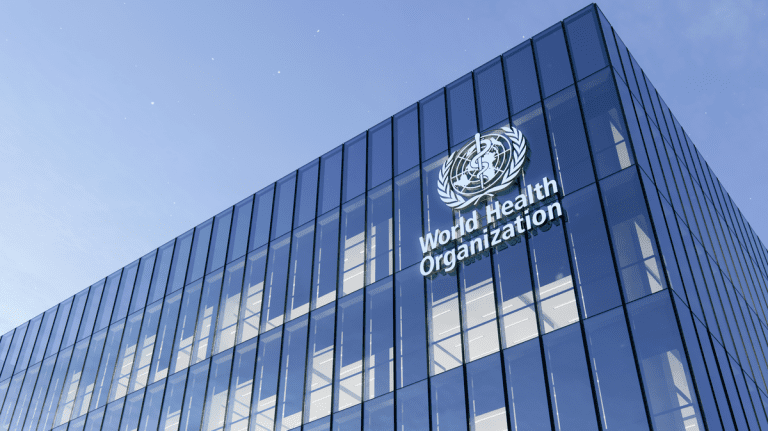
1995
Joep validates the use of Combination therapy to manage HIV/AIDS
Performing clinical trials on mothers in Rwanda and Uganda, he found that a baby’s chance of contracting HIV reduces to ~5% when pregnant mothers are treated with combinations of anti-retroviral drugs.
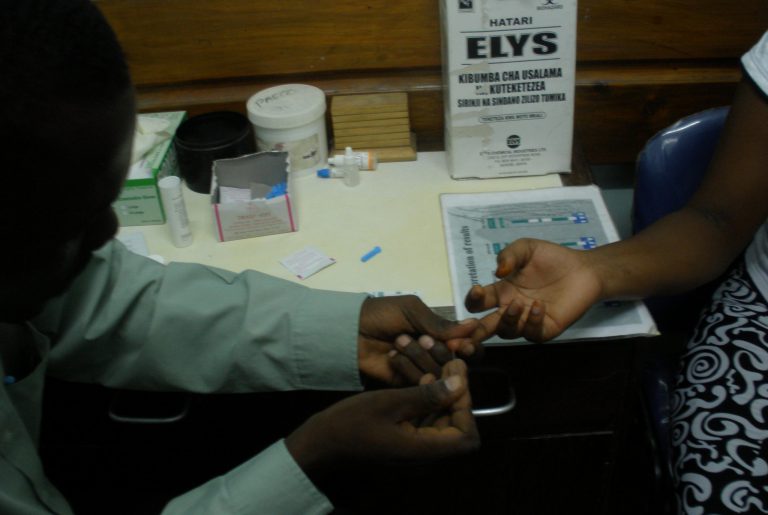
2000
International HIV/AIDS Conference Durban, South Arica takes place
A game-changing event in the world of HIV/AIDS was the organization of the International AIDS Conference in Durban, South Africa in December 2000. This was the first time this conference reached out to the African continent, the very continent that already since 1996 was deprived of access to antiretrovirals. At this conference Joep made the famous statement “IF WE CAN GET COLD COCA-COLA AND BEER TO EVERY REMOTE CORNER OF AFRICA, IT SHOULD NOT BE IMPOSSIBLE TO DO THE SAME WITH DRUGS,”
2001
Establishment of the PharmAccess Foundation
Both discouraged and motivated by the lack of speed in which governments and public bodies fought against the HIV epidemic, especially in the developing world, Joep sought out the private sector as a collaboration partner. In Durban he was approached by Heineken which inspired Joep to launch PharmAccess focusing on ‘Access to Pharma’, in other words: access to antiretroviral drugs for people living in resource-poor settings.
2002
Pioneer in workplace HIV Programs
PharmAccess became internationally renowned for building important experience implementing the Heineken ART program in countries like Rwanda, Burundi, Congo-Brazza, DRC, Nigeria. This enabled Joep’s colleagues Tobias Rinke de Wit and Geert Haverkamp to launch workplace programs at Celtel/Zain, Shell, the Netherlands Development Organization (SNV), the Royal Netherlands Embassies in 17 countries in Africa, the Tanzanian Defense and Police Forces, and other public/private entities. Thus, PharmAccess became the worldwide pioneer of private sector HIV treatment, way before the launch of public sector initiatives such as the GFATM, PEPFAR, World Bank or Private Foundations like Gates, Clinton Health Access Initiative.

2004
The first and only Risk Equalization Fund on HIV/AIDS is founded
With support from a pioneering grant from the NL Postcodeloterij (Lottery) secured by PharmAccess’ Chris van der Vorm and Tobias Rinke de Wit a breakthrough HIV financing project was established in Namibia. This project could still serve as a completely up-to-date model of integrating vertical HIV funds into horizonal risk pools for healthcare (universal health coverage: UHC). Competing Medical Aids (insurers) in Namibia were incentivized to develop affordable basic healthcare insurance products under the condition that the HIV risk was covered by a separate vertical fund. Soon, 1 in 6 of the total Namibian workforce participated, attracting supplementary private contributions into public risk pools. This initiative was competed out by the GFATM and PEPFAR initiatives that subsequently followed (a typical example of ‘crowding out’).
2007
Launch of PharmAccess studies on HIV drug resistance (PASER)
The ultimate consequence of mass-treatment of populations in settings with poor healthcare systems is the development of HIV drug resistance. Joep realized this like no other. In collaboration with the Netherlands AIDS Fonds and supported by a substantial grant from the Netherlands Ministry of Development Cooperation, an African-Asian program was established that lasted for almost 15 years. The African component of the program was led by Prof Tobias Rinke de Wit and resulted in ~100 scientific publications, 6 African and 4 European PhD’s and eventually the provision of over 20% of all World Health Organization’s HIV drug resistance data on Africa.
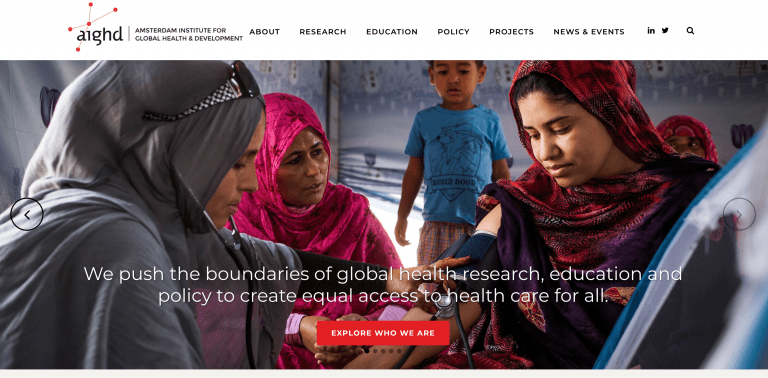
2006
Launch of €100 Million Health Insurance Fund
PharmAccess staff Onno Schellekens and Max Coppoolse, directed by Joep Lange, founded the Health Insurance Fund, which raised over 100 million in public funds to create health insurance opportunities for the poor, in line with PharmAccess’ core work. The Health Insurance Fund gives subsidized health insurance to more than 100,000 people in Nigeria, Tanzania and Kenya.
2007
Amsterdam Institute for Global Health & Development (AIGHD) was founded
AIGHD is an international research and education institute that works to develop sustainable solutions to major health problems. AIGHD was initiated as a partnership between the Amsterdam UMC, the University of Amsterdam (UvA) and the Vrije Universiteit Amsterdam (VU). It provided Joep the freedom to perform independent multi-disciplinary research, attract internationally renowned scientists and train the next generation of global health students.



2008
Major Technology Step: An Affordable Resistance Test for Africa (ART-A)
PharmAccess realized that the key determinant of success of failure of its HIV interventions was HIV drug resistance as monitored by its PASER program. It was very clear that access to testing for HIV drug resistance was unaffordable for Africa and PharmAccess with Tobias Rinke de Wit initiated a key project through AIGHD to develop and implement a much more affordable diagnostic test for HIV drug resistance. This project illustrated the characteristic ‘dialectics’ of a collaboration between implementers (PharmAccess and researchers (AIGHD), leading to excellence in quality of global health work.
2009
Medical Credit Fund (MCF) is launched
MCF was launched by Joep, Onno Schellekens, Monique Dolfing, and the PharmAccess team which acts as a mediator in providing loans for doctors and pharmacies in Africa.
2011
SafeCare is founded
After Joep Lange established PharmAccess, the organization founded multiple other initiatives including SafeCare, that was launched under PharmAccess’ Nicole Spieker in 2011. SafeCare empowers healthcare providers by helping them to measure, monitor and improve their services using a step-wise approach, motivating improvement plans and rewarding certificates.
2013
First mobile health partnership is formed
PharmAccess partnered with Vodafone, M-Pesa and Safaricom to establish mobile health opportunities for people in Kenya. This led to the formation of M-TIBA, a mobile health wallet.
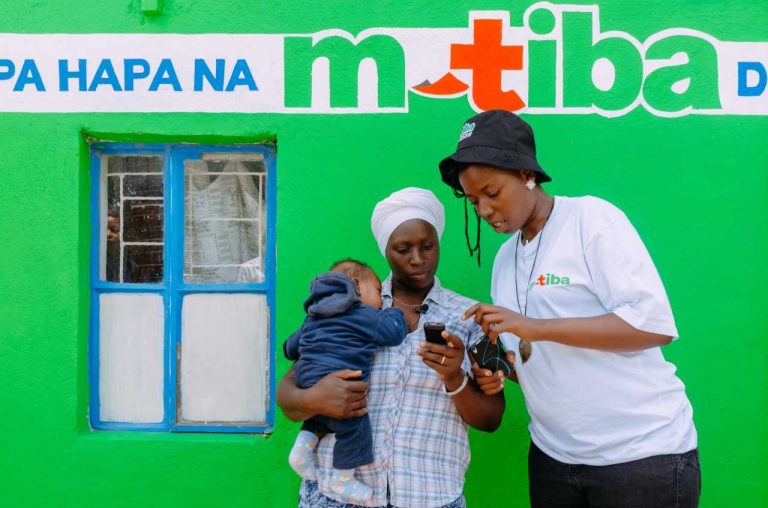


2014
Amsterdam Health & Technology Institute (AHTI) Established
Joep played a crucial role in the establishment of AHTI (created by the team Michiel Heidenrijk, Remco van Leeuwen and Tobias Rinke de Wit). The proposal won second price in an international competition and secured key support from Gemeente Amsterdam to establish an institution on healthcare technology, attracting international talent to the Dutch capital city. Joep established a breakthrough collaboration with Duke University Dept of Global Health under his former WHO teacher, Prof Mike Merson.



2014
July 17, 2014
MH17 plane crash tragedy killing Dr Joep Lange and his partner, Jacqueline van Tongeren
Malaysia Airlines flight 17 (MH17), flying from Amsterdam to Kuala Lumpur, was shot down while flying over eastern Ukraine. It was the deadliest airliner incident to date, and all 283 passengers and 15 crew members died. Amongst the passengers were 6 people committed to the fight against HIV/AIDS, amongst which were Joep Lange and his partner, Jacqueline van Tongeren. Tributes poured in from around the world.
JLI’s Dr Tobias Rinke de Wit interviewed in tribute
Former US President Bill Clinton’s dedication to Joep
Coming Full Circle
In the year before his death, Joep returned to his original expertise: HIV/AIDS. He wished to create the first AIDS-free city in the world: Amsterdam. This could only be realized if a similar HIV project would be established in Africa: a massive test&treat program in Shinyanga, Tanzania. After his death, the Amsterdam program was taken over by AIGHD’s Peter Reis and the Shinyanga Project by Tobias Rinke de Wit. Both programs have generated substantial progress and are functional up to today.
2016
March 15, 2016
Joep Lange Institute is publicly launched, led by Onno Schellekens
The Joep Lange Institute was founded in his name to carry on his legacy. The institute will focus on innovation to make health markets work for the poor. It will safeguard and apply the unique combination of scientific research, pragmatism and activism that characterized Dr. Joep Lange. JLI Senior contributors to Global Health formed JLI’s board consisting of Michiel Heidenrijk and Peter van Rooijen.
Professor Dan Ariely and Mark Dybull launch the JLI Chair & Fellows Program together with AIGHD
The program was initiated and funded in part by the Dutch Ministry of Foreign Affairs and established by the Joep Lange Institute. The Chairs and Fellows are based at the Department of Global Health-AIGHD at the Amsterdam UMC, University of Amsterdam. The Chair and Fellows program brings together the brightest minds from all over the world in the field of global health. In partnership with the top academic institutes in Africa, Asia, Europe and the United States, they focus on building the knowledge base of global health and working together with organizations who can apply these insights to improve access to quality healthcare across the globe.
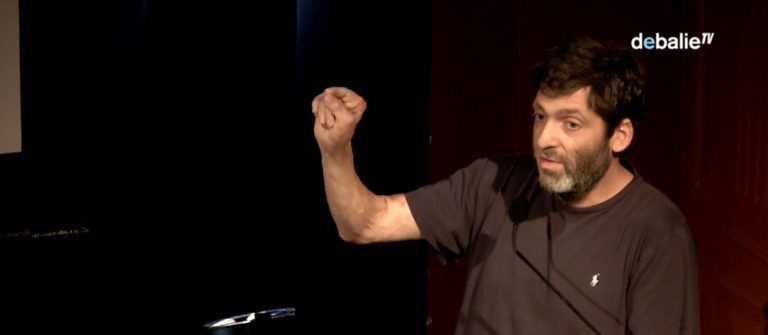

JLI partners with Duke University’s Center for Advanced Hindsight to run Behavioral research
JLI together with PharmAccess conduct behavioral research on M-TIBA to better understand how people can make better health-related decisions. WHY IS THIS A MILESTONE? WHAT DID IT LEAD TO?


2018
July 2018
JLI focuses on the role of mobile technology and health at AIDS2018
Immersive storytelling on the impact of mobile technology on HIV through an immersive experience called Asilia’s Journey
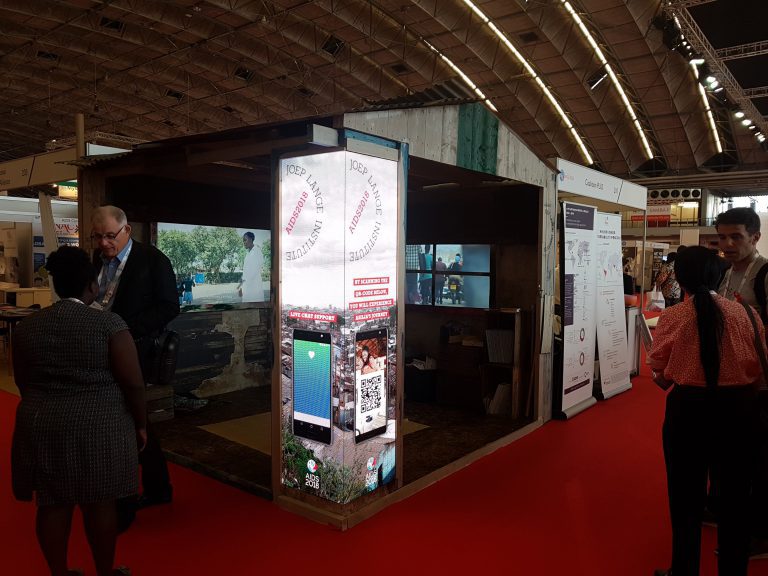

2019
July 2018
JLI hosts Financial Times Conference: The Future of Health Coverage
Together with the Dutch Ministry of Foreign Affairs, we held a conference with The Financial Times to stimulate transformative, cutting edge thinking on how best to adopt mobile technology for the delivery of health systems.
